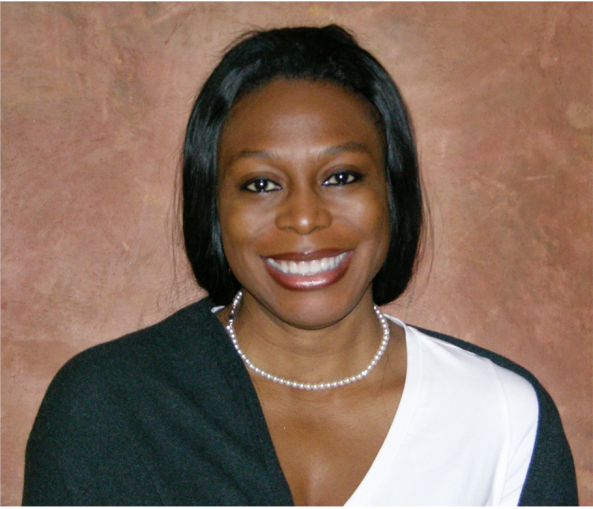
The Federal Government has appointed Dr. Ayoade Alakija, a renowned global health advocate and chair of the board of FIND, as its Ministerial Global Envoy on Antimicrobial Resistance (AMR). The appointment is a strategic move to strengthen Nigeria’s leadership role in global and national efforts to tackle the escalating threat of AMR.
The Minister of Health and Social Welfare, Prof. Muhammad Pate made the announcement on Tuesday in Abuja, ahead of the 5th Global High-Level Ministerial Conference on AMR, which Nigeria is set to host in June 2026. The event will mark the first time the prestigious global conference is being held on African soil.
According to Pate, Alakija will serve on the Ministerial Advisory Committee and play a central role in shaping the planning and advocacy for the conference. She is expected to champion a One Health approach, advocate for equitable access to diagnostics and treatments, and ensure the conference delivers inclusive, high-impact outcomes for Nigeria, Africa, and the world.
“She has demonstrated exceptional global leadership in advancing access to diagnostics, treatments, and vaccines for those who need them most,” the minister said, highlighting her expertise in pandemic preparedness, diagnostics, and health equity as key assets to Nigeria’s AMR strategy.
Alakija’s extensive portfolio includes her current role as WHO Special Envoy for the Access to COVID-19 Tools (ACT) Accelerator, as well as former leadership positions as chair of the African Union Vaccine Delivery Alliance (AVDA), co-chair of the G7 Impact Investment Initiative on Global Health and chair of FIND, a global non-profit dedicated to advancing diagnostics in underserved communities.
Pate described her appointment as timely, given the urgency of addressing AMR, a growing global health and development threat projected to cause over 39 million deaths annually by 2050 if left unchecked. “With leaders like her helping guide our efforts, Nigeria is well-positioned to make the 2026 conference a historic turning point in the global fight against AMR,” he said.
In her response, Alakija expressed deep pride and urgency, describing AMR as not just a health crisis but a driver of entrenched inequality, particularly across Africa. “AMR poses a greater threat today in many African countries than HIV, TB, or malaria. Its impact reflects deep structural inequities in health access and resource distribution,” she said.
She welcomed the opportunity to support Nigeria’s historic hosting of the 2026 Ministerial Conference and reaffirmed her commitment to building collective momentum rooted in equity and the One Health framework.
The 2026 Abuja conference is expected to build on the momentum of the 4th AMR Ministerial Conference held in Jeddah, Saudi Arabia, in 2024, where the “Jeddah Commitments” were adopted. Through a “troika” collaboration between Saudi Arabia, Oman, and Nigeria, the baton now shifts to Africa for a defining global conversation on antimicrobial resistance.
AMR occurs when microorganisms like bacteria, viruses, fungi, and parasites evolve to resist treatment, rendering essential medicines ineffective. Misuse of antimicrobials in humans, animals, and agriculture, often due to poor diagnostic access, is a leading contributor. The 2026 conference aims to accelerate global action, elevate African voices, and push for sustainable, multisectoral solutions to this looming crisis.

